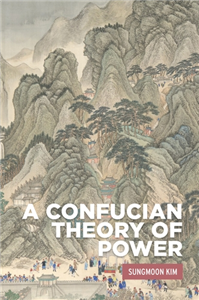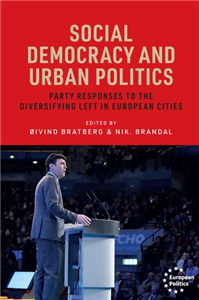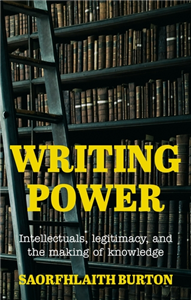Humanities & Social Sciences
June 2005
A social history of central European politics, 1945–56
This book covers various aspects of the social history of politics on both sides of the Iron Curtain in the period 1945 to 1956. The contributors come from a range of countries (Austria, Germany, Hungary, Slovakia and the United Kingdom) and comprise a mixture of established historians and younger scholars engaged in pioneering research.
The individual chapters are organised into four sections dealing with workers, ethnic and linguistic minorities, youth, and women. In order to enhance the comparative character of the volume, the four chapters contained in each section consider the position of these social groups in, respectively, West Germany, East Germany, Austria, and either Czechoslovakia or Hungary. Major themes include the absence of popular revolutions in the aftermath of World War Two, the re-imposition of social control by post-war elites, the attempt to restore pre-war gender relations, and the failure of Communist parties to win popular support.
The chosen time-frame saw most of the decisive developments which set the pattern for the remaining Cold War period and is therefore of key importance for any student of this topic. ;





























